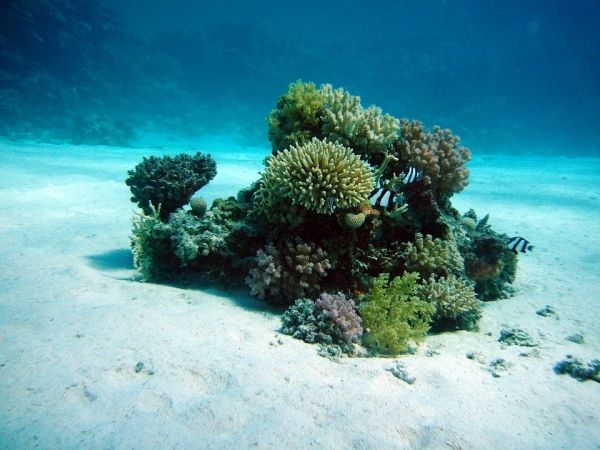Corals that withstood a severe bleaching event and were transplanted to a different reef maintained their resilient qualities, according to a new study led by Katie Barott of the School of Arts & Sciences.
In 2015, nearly half of Hawaiʻi’s coral reefs were affected by the most severe bleaching event to date. Coral bleaching occurs when warmer-than-normal ocean temperatures prompt corals to expel the algae that normally live inside them and on which the corals rely for food.
Bleaching events are dismaying, but corals can sometimes recover, while others resist bleaching altogether. In a new study in the journal Proceedings of the National Academy of Sciences, researchers led by Katie Barott of the University of Pennsylvania found that these battle-tested, resilient corals could thrive, even when transplanted to a different environment and subjected to additional heat stress. The findings offer hope that hardy corals could serve as a founding population to restore reefs in the future.
“The big thing that we were really interested in here was trying to experimentally test whether you an take a coral that seems to be resistant to climate chage and use that as the seed stock to propagate and put out on a different reef that might be degraded,” Barott says. “The cool thing was we didn’t see any differences in their bleaching response after this transplant.”
Read more at University of Pennsylvania
Photo Credit: joakant via Pixabay


